Pediatric Stroke Research Project
The Pediatric Stroke Research Project at the Center for Brain Plasticity and Recovery is directed by Professor Elissa L. Newport and includes researchers from Georgetown University Medical Center, MedStar National Rehabilitation Hospital, Children’s National Medical Center, Johns Hopkins University, and Children’s Hospital of Philadelphia. We use assessments of language, visuo-spatial processing, and other cognitive abilities, in combination with functional brain imaging (fMRI), to study how the developing brain recovers from strokes that occur in infancy and early childhood – and how this process of recovery compares to recovery after strokes in adults. Our goal is to understand the processes underlying recovery in the developing and adult brain, and to develop techniques that can stimulate and support recovery in children and adults.
Pediatric Stroke Team
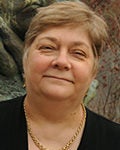
Dr. Elissa Newport
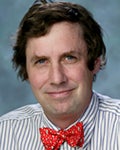
Dr. William Gaillard
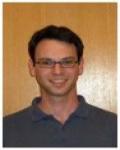
Dr. Peter Turkeltaub

Dr. Barbara Landau
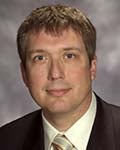
Dr. Alexander Dromerick
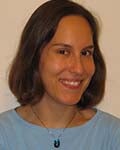
Dr. Anna Greenwald
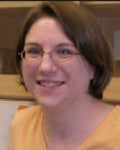
Catherine Chambers
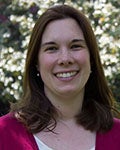
Margot Giannetti McCloskey
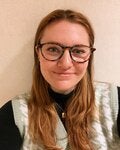
Kasey Stack
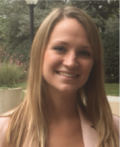
Dr. Kelly Martin
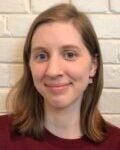
Madeline Marcelle
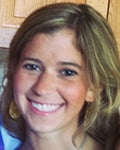
Dr. Katrina Ferrara
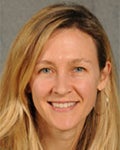
Dr. Jessica Carpenter
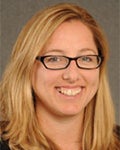
Dr. Madison Berl
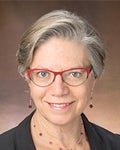
Dr. Rebecca Ichord
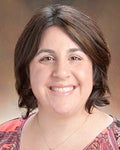
Dr. Lauren Krivitzky
All Over the Country
With the help of stroke survivors of all ages and from all over the country, we are investigating cognitive skills and their organization in the brain, in children and adults after a stroke. Our participants have experienced a stroke at birth or early childhood and join our research studies from one year to more than 15-20 years after their stroke. Their participation allows us to observe the long-term outcomes of strokes affecting language, visuo-spatial skills, and other aspects of cognition.
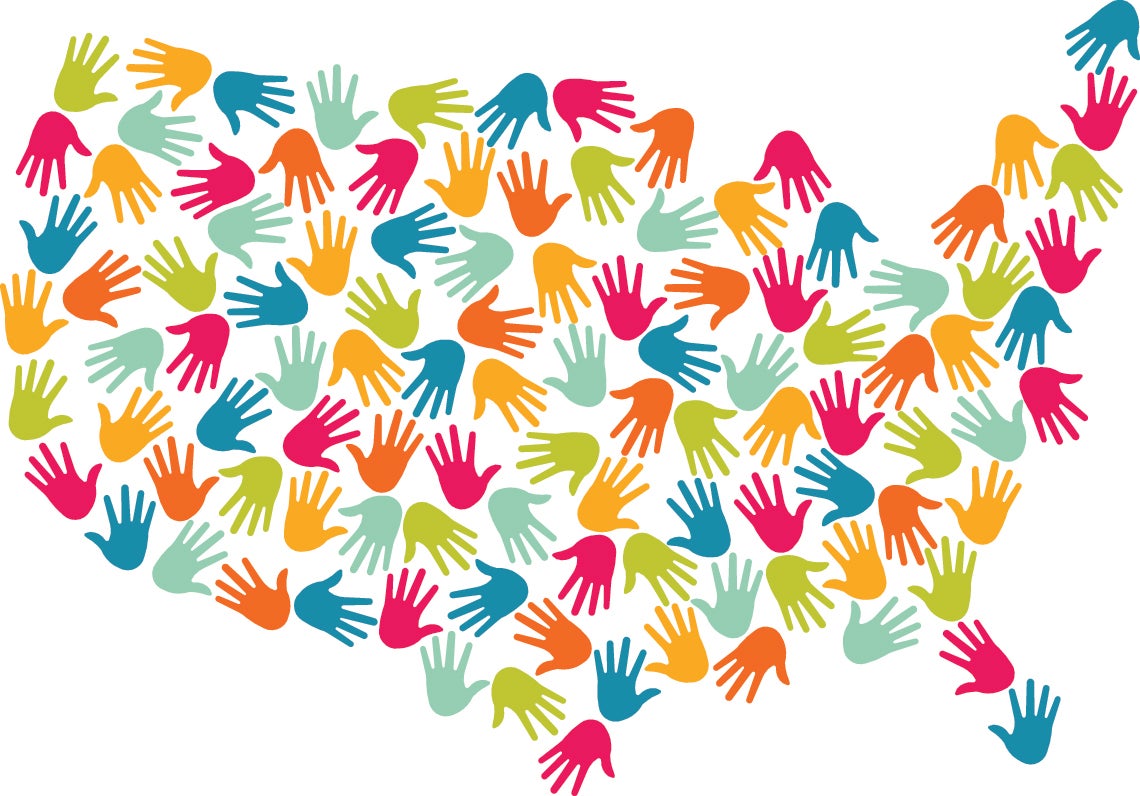
Reorganization of the Brain
Long after a stroke, the brain has recovered from the immediate aftermath of the stroke and settled into a “new normal” state. In many cases, especially after stroke early in life, this new normal state is characterized by considerable functional reorganization: Functions that are ordinarily performed by brain areas injured by stroke are often now performed by other brain areas. It is this process of reorganization that we are most interested in understanding.
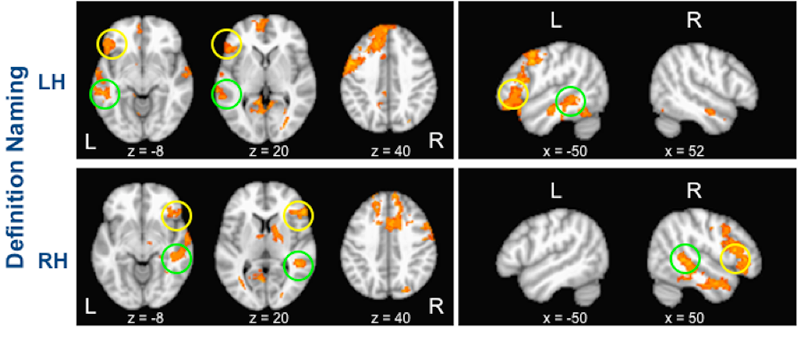
Hope for Rehabilitation
In most children, this “take-over ” by other brain areas works surprisingly well. For example, children who have had a stroke injuring the brain’s left hemisphere language areas can nevertheless learn language. The research literature has suggested various ways in which this is possible: either by using perilesional areas of the brain (left-hemisphere areas around the injury), by using right-hemisphere brain areas, or by more diffuse and diverse processes of reorganization. However, sometimes recovery is less successful – and it is almost always less successful in adults than in children. By understanding more about the capabilities and limitations of functional brain reorganization and the conditions under which it works particularly well, we will learn how to improve the recovery of children and adults who experience a major stroke.



Some Questions of Interest
- Do infants and young children recover from stroke better than older children and adults, as is often claimed?
- If so, do developing brains reorganize more extensively or in different ways?
- Are specific patterns of reorganization better than others?
- Do certain cognitive functions (e.g., language) recover better than others (e.g., visuo-spatial skills)?
- How can we stimulate recovery in all children and adults to follow the best paths for successful reorganization of function?
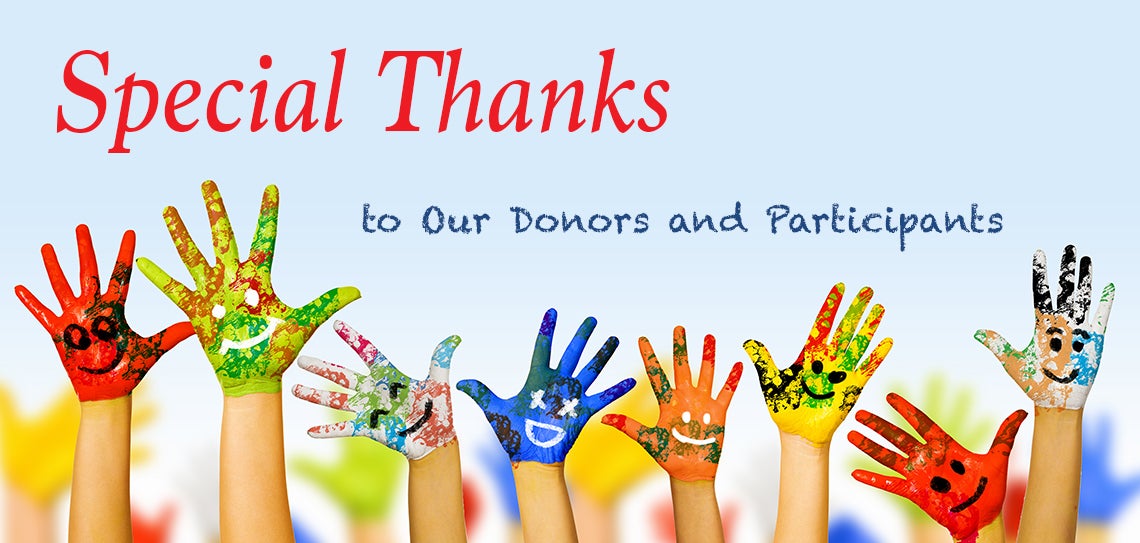
Thank you to our donors for their generous support: the George Bergeron Endowed Professorship in Neuroscience, the Julia Montgomery Walsh Stroke Research and Education Fund, the Solomon James Rodan Pediatric Stroke Research Fund, and the Feldstein Veron Innovation Fund.
Our research is also supported by the American Heart Association grant 17GRNT33650054, by NIH grants K18 DC014558, U10 NS086513, IDDRC U54 HD090257, R01 NS244280, and R01 DC016912, and by Georgetown University and MedStar National Rehabilitation Hospital funds to the Center for Brain Plasticity and Recovery.

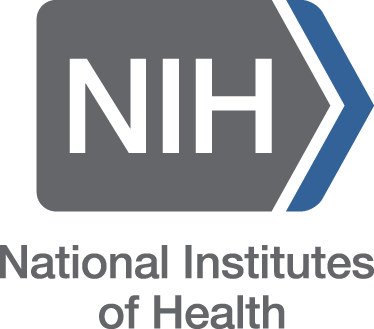
Would you like to get involved?
Seeking Clinical care?
